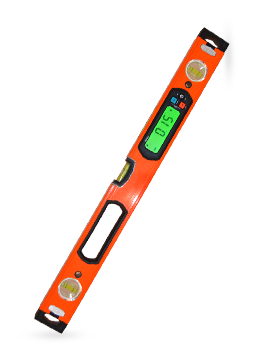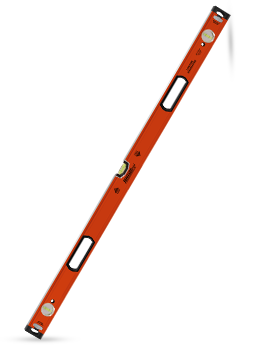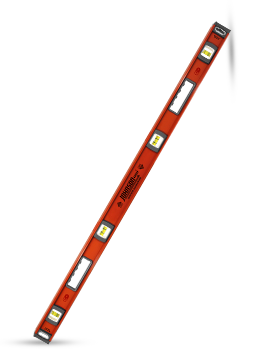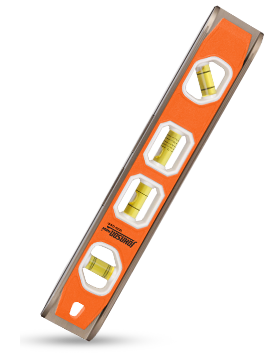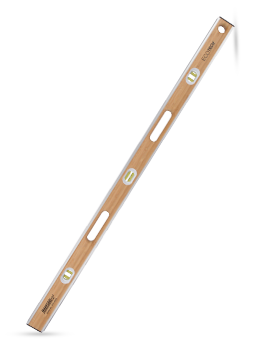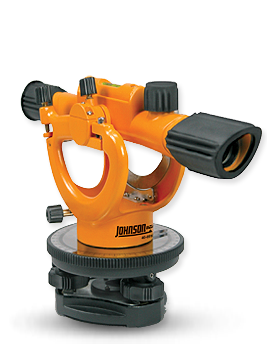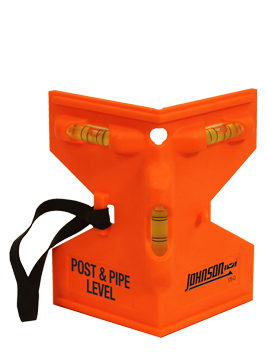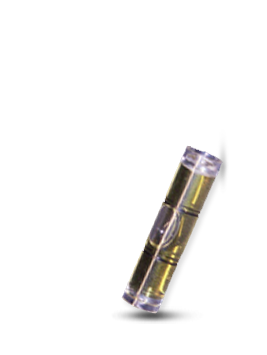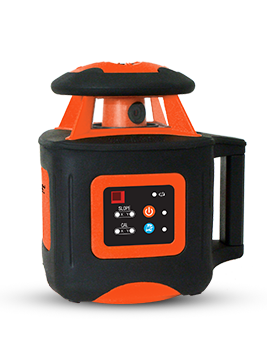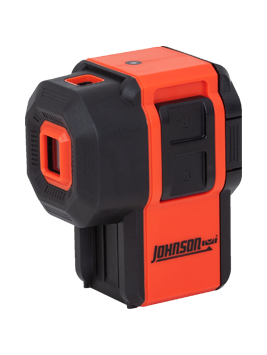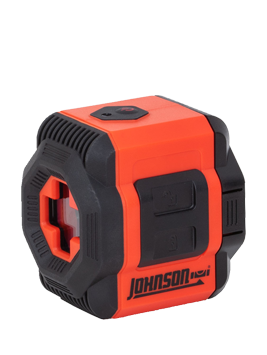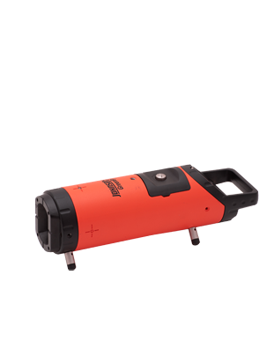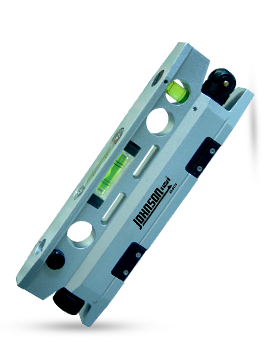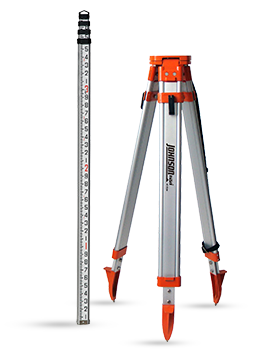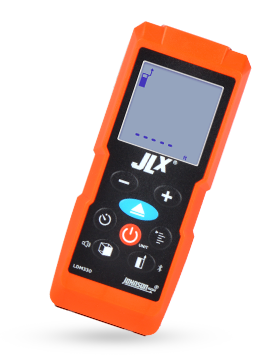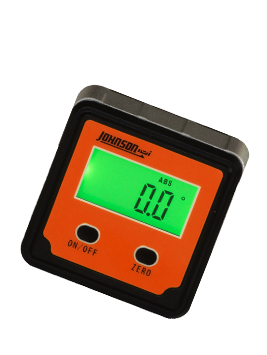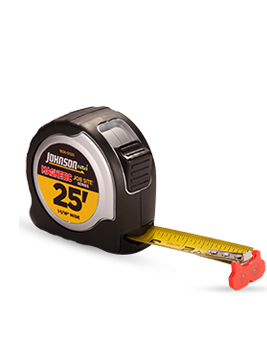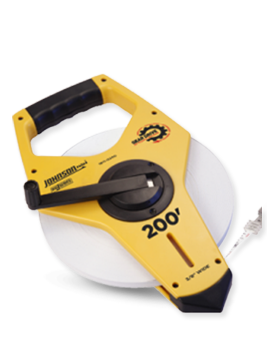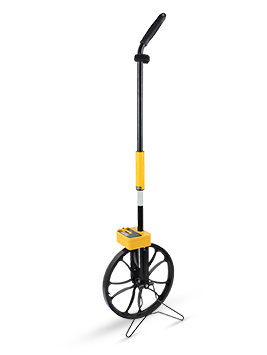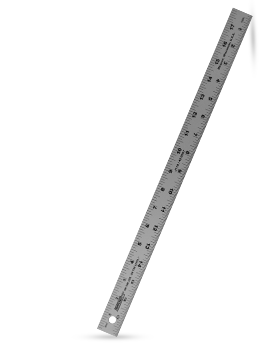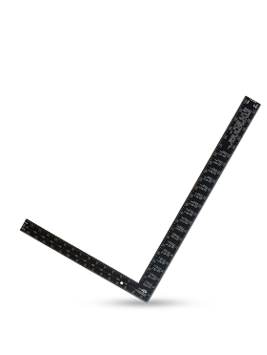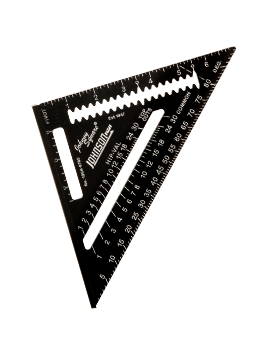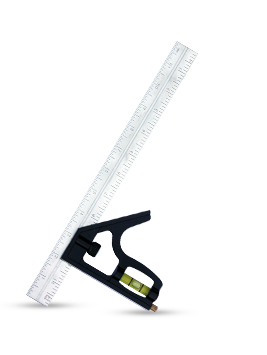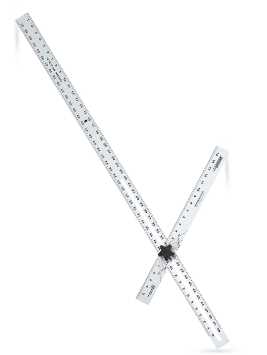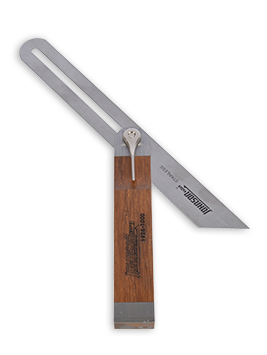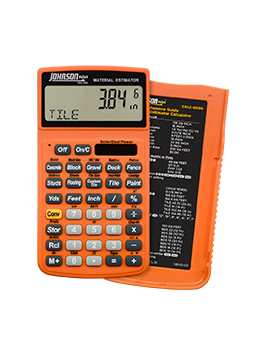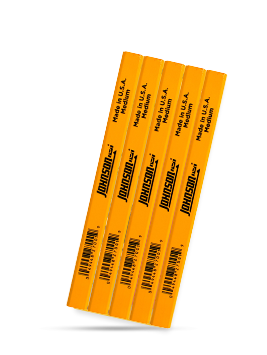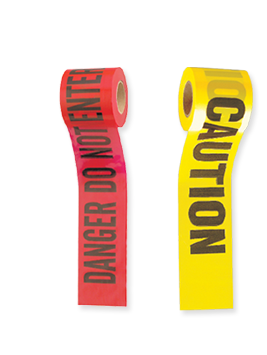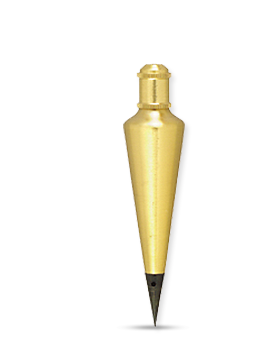Flagging / Barricade Tape
Flagging and barricade tape are two types of brightly colored tape used to indicate work areas and levels of triage or potential danger or a hazard to passers by, respectively. Barricade tape generally featuring bold lettering alerting the potential safety concern, and as a minor impediment to the marked off area. Flagging tape usually lacks any lettering or wording. While not an immovable obstruction, both types of tape nonetheless enhance the general safety of the hazardous area.
obstruction, both types of tape nonetheless enhance the general safety of the hazardous area.
How to Use Flagging / Barricade Tape
- Determine what kind of tape is needed. The situation determines what color to use. Flagging tape is designed for sitations without hazards or danger. Barricade tape is used for areas that present hazards or danger. Of barricade tape's two main categories, yellow for Caution and red for Danger – Do Not Enter, their colors mean and are used for different circumstances.
- Yellow: Caution tape is used for instances where the barricaded area has a low level of safety and health hazards. Caution tape essentially says, “Enter with caution.” This may include excessive noise, equipment use or a congested work area.
- Red: Danger – Do Not Enter tape is used for instances where the barricaded area has medium or high levels of safety and health hazards. Danger tape essentially says, “Do not enter without the supervisor’s permission.” This may include oversize or overhead loads, fall protection and confined space entry.
- Make sure every entrance to the hazard area is properly labeled with barricade tape, and make sure the indicating label on the tape is clearly visible. When wrapping, check to see the tape is secure around the object. A support beam, a pole or cones all can be used for proper wrapping.
- Take the tape down only when a hazard no longer exists.
For more how-to guides, visit Johnson Level & Tool's collection of how-to guides for levels and tools.
